
May 22, 2025
How to Use AI for International Agricultural Product Sourcing
Learn how to use AI to streamline international agricultural sourcing. Discover tools, strategies, and benefits for smarter, faster global procurement.
March 17, 2025
Peanut butter is a popular treat for humans, but can dogs eat peanut butter? More importantly, can dogs eat peanuts? The answer is generally yes, but there are important considerations to keep in mind to ensure your peanut dog's safety and overall pet nutrition.
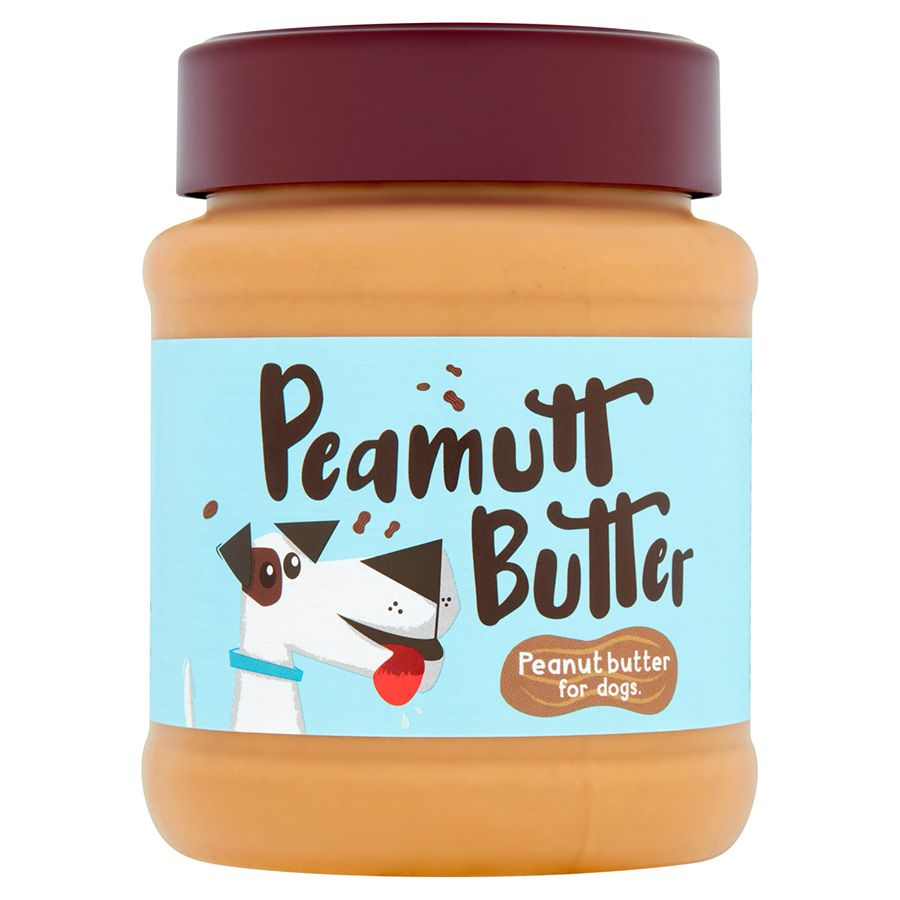
Peanut butter can be a healthy and delicious treat for dogs in moderation. It's a good source of protein, healthy fats, and vitamins B and E. Many dogs love the taste, making it useful as training treats, for administering medication, or as a high value reward during training. It can also serve as an excellent distraction technique during grooming or nail trimming.
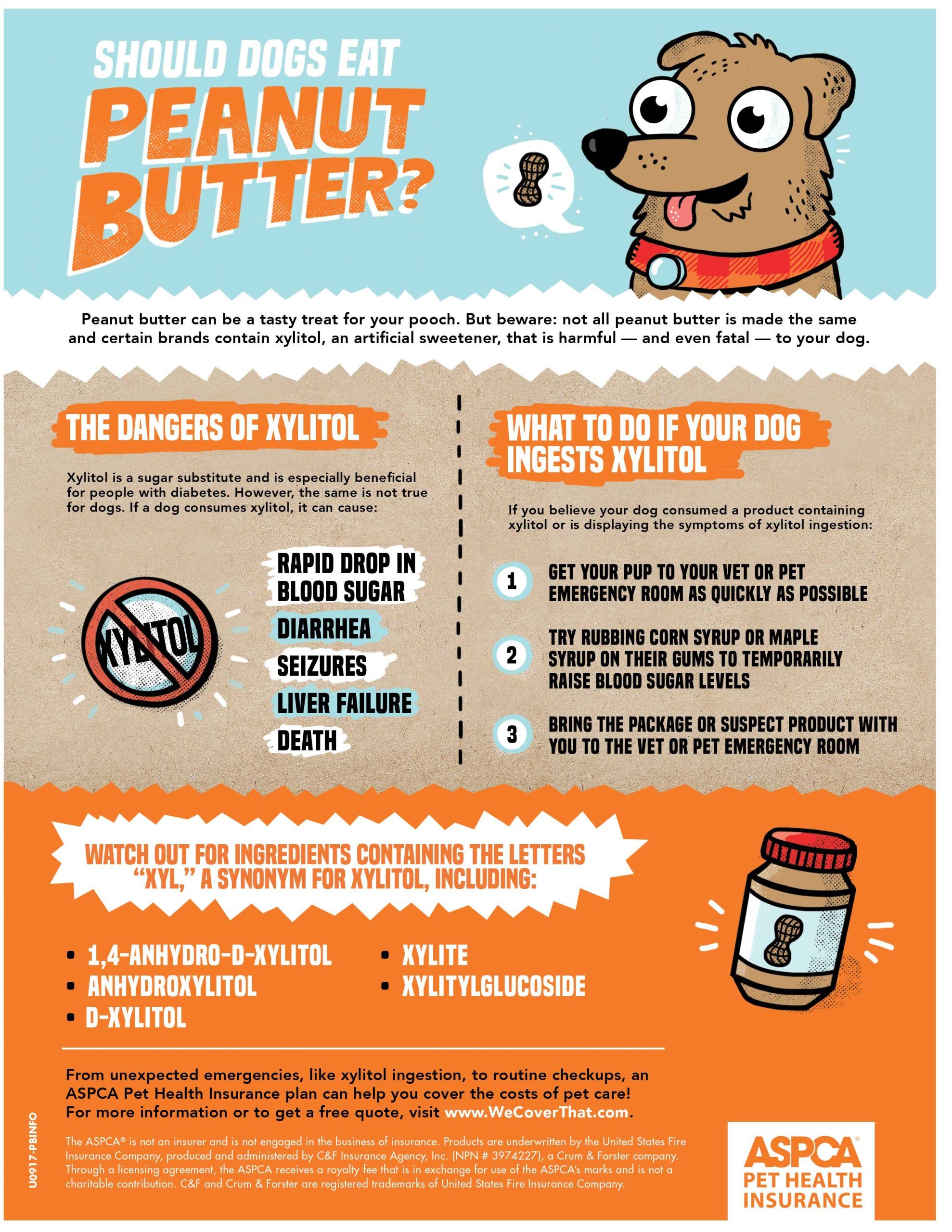
The biggest concern when feeding your dog peanut butter is the presence of xylitol. Xylitol is an artificial sweetener and sugar substitute that is highly toxic to dogs. Even a small amount can cause a rapid drop in blood sugar (hypoglycemia) and liver failure. Always check the ingredient labels before giving your dog peanut butter. If xylitol is listed, do not give it to your dog.
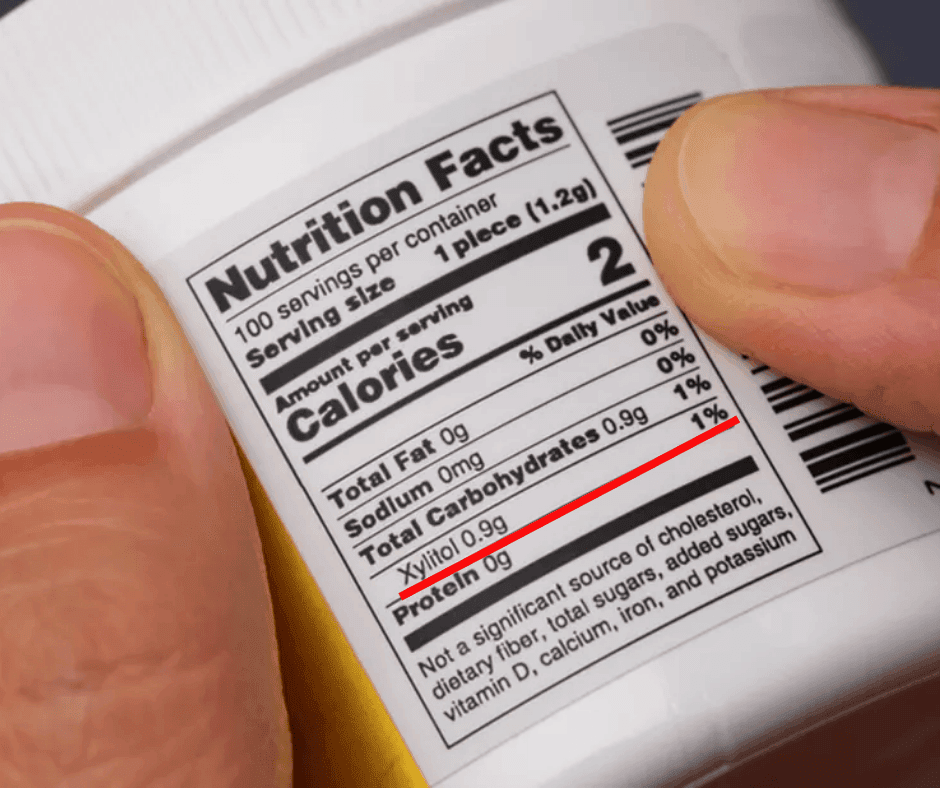
Carefully read the ingredient list. Xylitol may also be listed as birch sugar or wood sugar. If you're unsure, it's always best to err on the side of caution and choose a different brand. Peanut butter safety should always be your top priority.
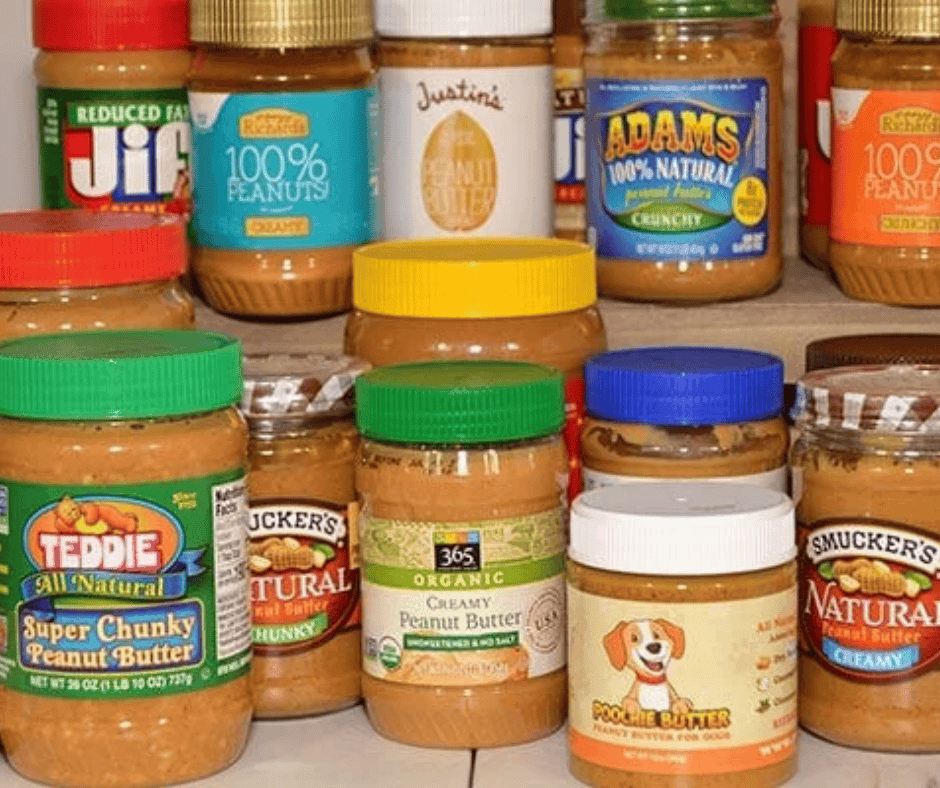
Look for natural peanut butter with no added sugar, salt, or artificial sweeteners, especially xylitol. The ingredients should ideally be just peanuts and perhaps a small amount of salt. Some brands in the pet food industry specifically market their peanut butter as safe for dogs, ensuring peanut butter without xylitol.
While generally safe, always check the label of Jif peanut butter to ensure it doesn't contain xylitol, as formulations can change. Be mindful of added sugars in this regular peanut butter brand.
Similar to Jif, Skippy peanut butter is typically safe, but vigilant label checking is crucial. Avoid varieties with added sugars or artificial sweeteners.
Always scrutinize the labels of all peanut butter brands, including Pintola peanut butter and Mayvers peanut butter. Opt for those with the fewest ingredients and no xylitol. Be cautious of peanuts and salt content in these products.
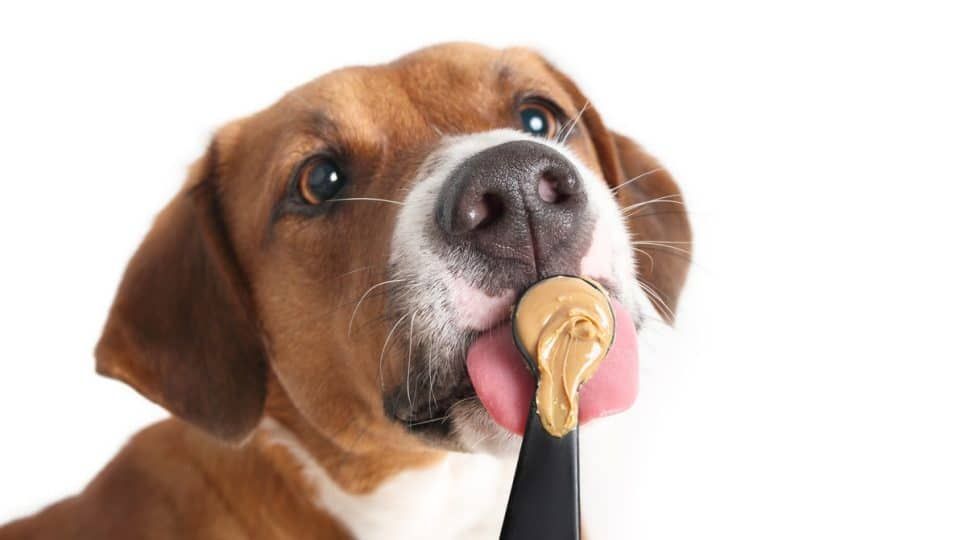
Peanut butter should only be given to dogs in moderation. Due to its high fat content, too much peanut butter can lead to weight gain and potentially pancreatitis. A general guideline is to offer small dogs no more than ½ teaspoon per day, medium dogs no more than 1 teaspoon per day, and large dogs no more than 1 tablespoon per day. Adjust accordingly based on your dog's size, activity level, and overall health. For personalized advice, consult a veterinary nutritionist.
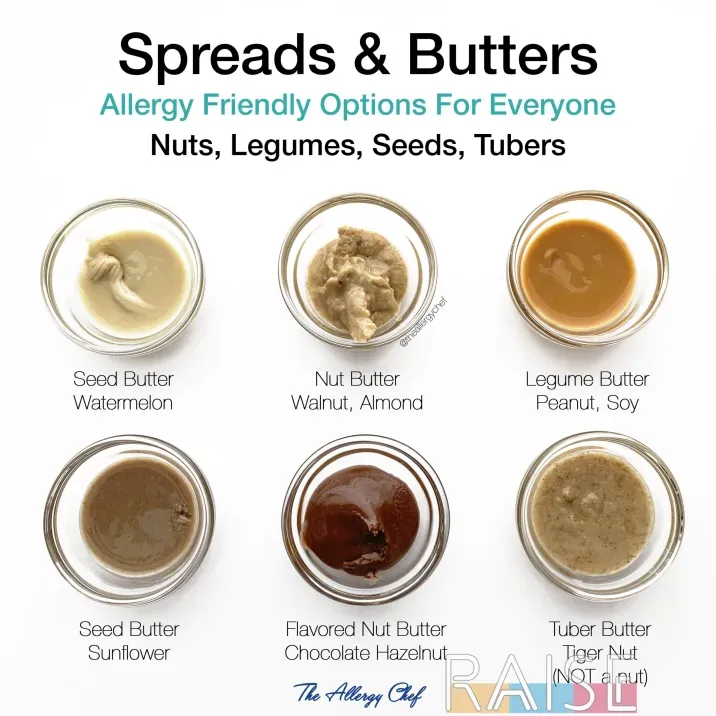
If you're concerned about the risks of peanut butter or your dog has allergies, consider these alternatives:
Stay informed about any potential peanut butter recall events. While recalls are rare, they can happen due to contamination with salmonella or other harmful substances. Check the FDA website for recall notices before giving your dog any peanut butter.
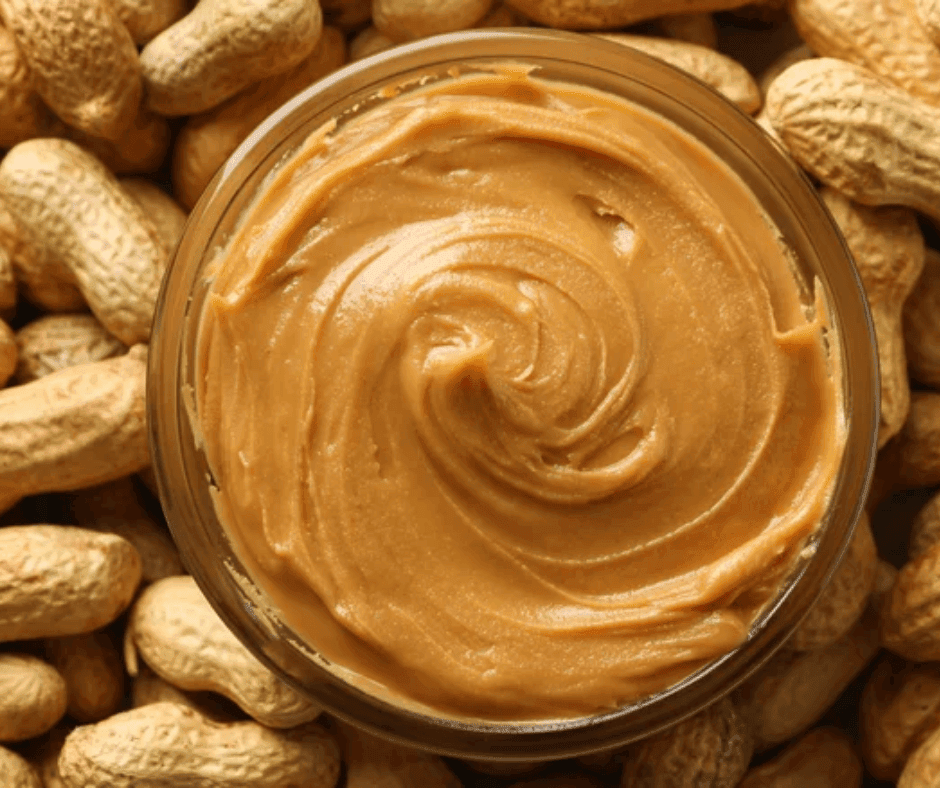
If you suspect your dog has consumed peanut butter containing xylitol, it's crucial to act quickly. Signs of xylitol toxicity include low blood sugar, vomiting, weakness, and seizures. Contact your veterinary emergency clinic or pet poison hotline immediately. In some cases, they may recommend the induction of vomiting or treatment with IV fluids with dextrose.
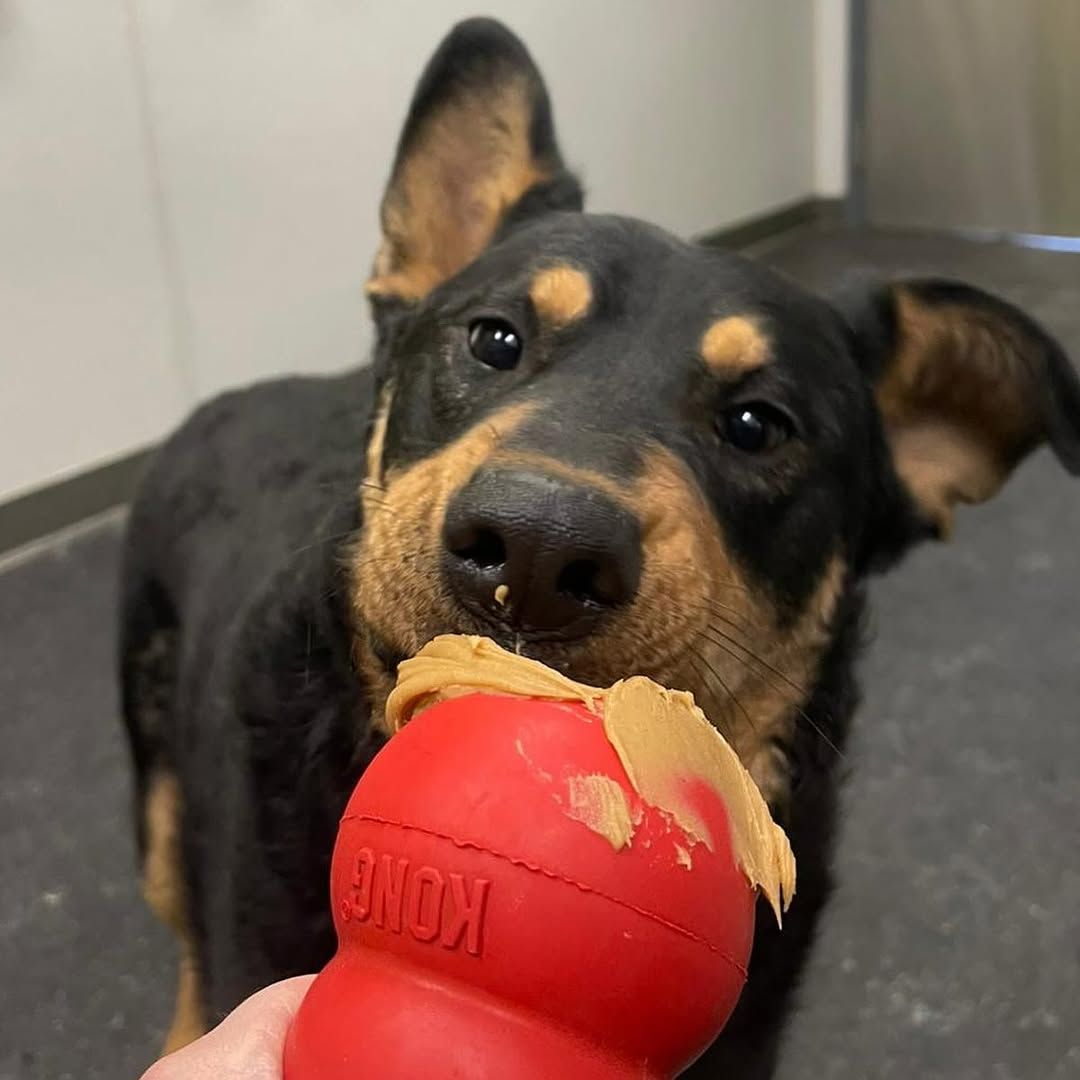
Peanut butter can be a versatile treat for dogs. One popular method is to use a Kong toy filled with a small amount of peanut butter. This not only provides a tasty treat but also offers mental stimulation and can keep your dog occupied for extended periods.
Is peanut butter safe for dogs? Yes, when chosen and given carefully. Always prioritize your dog's safety by reading labels meticulously, avoiding xylitol, and offering peanut butter in moderation. Enjoying this treat responsibly will keep your furry friend happy and healthy. Remember, while peanut butter can be a delicious treat, it should not replace a complete and balanced diet. Consult with your veterinarian if you have any concerns about your dog's diet or animal nutrition needs.
Q: Can dogs have peanut butter?
A: Yes, dogs can have peanut butter, but it must be xylitol-free and given in moderation.
Q: What kind of peanut butter is safe for dogs?
A: The best kind of peanut butter for dogs is natural, unsalted peanut butter with no added sugar or xylitol. The only ingredient should be peanuts.
Q: How much peanut butter can I give my dog?
A: A general guideline is ½ teaspoon for small dogs, 1 teaspoon for medium dogs, and 1 tablespoon for large dogs per day.
Q: Is peanut butter good for dogs?
A: In moderation, peanut butter can be a healthy treat for dogs, providing protein, healthy fats, and vitamins.
Q: What are the dangers of peanut butter for dogs?
A: The primary danger is xylitol, a toxic artificial sweetener. Other concerns include high fat content and potential allergies.
Q: What do I do if my dog eats peanut butter with xylitol?
A: If your dog consumes peanut butter containing xylitol, contact your veterinarian or an emergency animal clinic immediately. Xylitol poisoning can be life-threatening.
Q: Can peanut butter cause allergies in dogs?
A: Yes, some dogs can be allergic to peanuts. Signs of an allergic reaction include itching, hives, swelling, vomiting, and diarrhea.
Q: Is organic peanut butter safer for dogs?
A: Organic peanut butter is a good option as it avoids pesticides, but it's still important to check the label for xylitol and added sugar.
Q: Does peanut butter need to be refrigerated after opening?
A: Natural peanut butter tends to separate and may benefit from refrigeration to prevent it from going rancid. Commercial peanut butter can typically be stored at room temperature.
Q: What can I use instead of peanut butter for my dog?
A: Alternatives include almond butter, sunflower seed butter, or homemade dog treats made with safe ingredients like pumpkin or sweet potato.

May 22, 2025
Learn how to use AI to streamline international agricultural sourcing. Discover tools, strategies, and benefits for smarter, faster global procurement.

May 22, 2025
Discover how AI tools revolutionize agricultural sales and trading. Explore top AI assistants, chatbots, pipeline automation, and smart negotiation tools.

May 21, 2025
Discover the top 5 AI tools for automating sales pipelines in trading. Boost lead conversion, streamline deal flow, and improve forecasting with AI-powered sales systems.